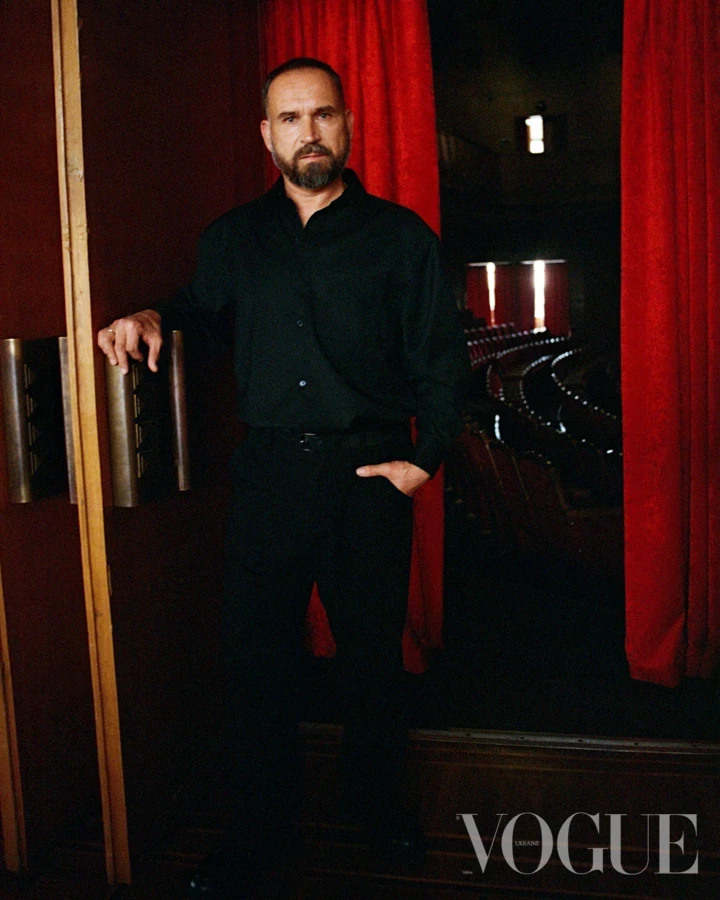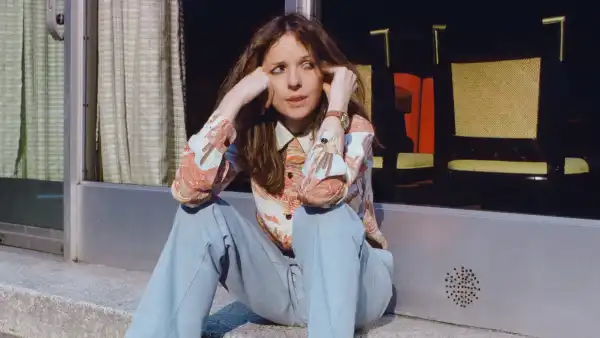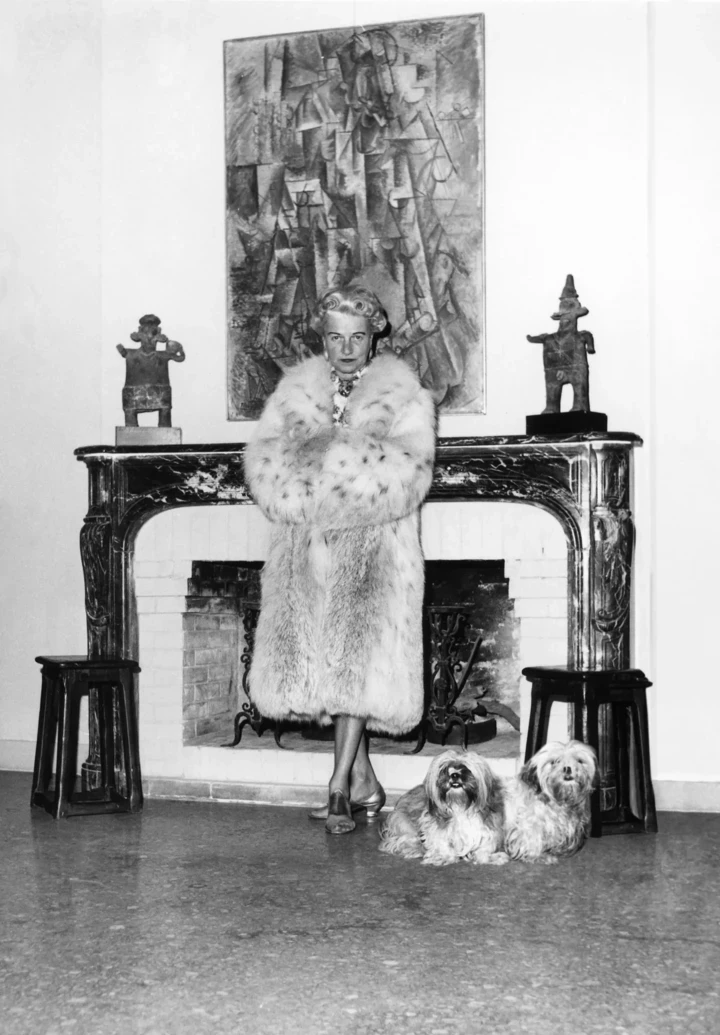
Save this storySave this storySave this storySave this story
A decade ago, when the Wolfie Wars were being fought—with critics charging that Martin Scorsese’s “The Wolf of Wall Street” condoned the exuberant protagonist’s stock-market fraud—I averred that any viewer who needed to hear Scorsese denounce such crimes in order to understand that they were wrong was already a lost cause. The same holds, even more strongly, for Catherine Breillat’s new film, “Last Summer,” regarding the incestuous relationship that it depicts. The central character, Anne (Léa Drucker), is a lawyer specializing in child protection; her husband, Pierre (Olivier Rabourdin), a businessman, has a seventeen-year-old son, Théo (Samuel Kircher), from a previous marriage. Théo has been living with his mother in Geneva, but, after getting into trouble for assaulting a teacher, he comes to live with Anne and Pierre (and their two young adopted daughters) in their large and lavish house in a Paris suburb. Soon, Anne and Théo begin a sexual relationship. Anne knows it’s wrong and dangerous, and she exhorts Théo to keep quiet about it—but he doesn’t. And I leave it to you, dear readers, to decide who ends up happy in the fallout.
Some commentators in France have accused Breillat of depicting this relationship favorably. Most prominently, the novelist Christine Angot has denounced the film as “an aestheticization of incest.” Angot’s critique, broadcast on Radio France last September, is also an intriguing self-questioning. She says that, when she first saw the film, she was led by its aesthetic beauty to “interpret it otherwise”—to recognize “the absolute disorder into which the characters fall” and to see it as a tale of moral degradation. But she changed her mind after reading an interview with Breillat in which, she says, the filmmaker spoke of the film in terms of “love, desire, insouciance” and inveighed against “the ayatollahs”—presumably, anyone who would pass moral judgment on the film.
I haven’t managed to track down the particular interview Angot is talking about, but I’ve read others in which Breillat says similar things. (She’s also said plenty of other things that don’t endear her to progressives, for instance, that the #MeToo movement “is used by the bien-pensant who bring back a terrifying moral order.”) It’s true that Breillat speaks of the incestuous affair in the film favorably, saying that Anne and Théo “have fallen in love” and speaking rapturously of “amour fou”; she says that, thanks to the relationship, Anne “rediscovers her youth” and Théo “changes, he asserts himself, he matures.” Breillat is the authority on her intentions, of course, but the resulting movie exists independent of her declarations, and her remarks should hardly dictate how Angot or anyone else watches it. Indeed, the intensity of her conviction about what she was trying to do may blind her to what has ended up on the screen.
When it comes to elucidating the furies—romantic, sexual, and otherwise—of “Last Summer,” what Breillat says is far less illuminating than what she has already communicated in a cinematic œuvre that stretches back to 1976 and comprises fifteen features. A near-constant in Breillat’s work has been the depiction of bad sex—crude, clinical, illicit, violent—depicted in clinical tones and laboratory-like formats. Whether in the quasi-theoretical tableaux of “Romance” (1999) and “Anatomy of Hell” (2004), the deus ex machina-like absurdity of the concluding violence of “Fat Girl” (2001), or the extravagant melodrama of “Dirty Like an Angel” (1991), Breillat shows herself to be a bad realist—perhaps a great filmmaker, but one whose greatness is in an altogether different register. Although her settings seem realistic enough, materially and socially, her dramas are almost like fairy tales, or seemingly counterfactual philosophical abstractions. They all pose the question: What if . . . ? What if pleasure and desire were indeed far wilder than any social order could contain? What if uninhibited sexual drives were actually the true energy source of a society that is nonetheless doomed by its very nature to constrain, inhibit, and discipline them? What if the realm of fantasy were so powerful that it irrepressibly leaked into reality, placing the actual under untenable stress?
This aspect of Breillat’s universe, long concealed by her apparent realism, eventually burst forth in a trio of films—“The Last Mistress” (2007), “Bluebeard” (2009), and “The Sleeping Beauty” (2010)—that leave the present day behind and leap expressly into costume fantasy. It’s telling that, in recent interviews, Breillat has criticized Angot’s judgment of “Last Summer” on the grounds that she “confuses reality and fiction.” A viewer would be much less likely to do so with that trio of fantasies. Yet, as clear as the distinction may seem at the level of ideas, it’s far less so in practice—in the practice of filmmaking. That’s why Breillat’s greatest film to date, the one that propels her most decisively into the pantheon of cinematic modernists, is “Sex Is Comedy” (2002), a movie-world drama based on the filming of a sex scene in her previous film, “Fat Girl.” Its protagonist (played by Anne Parillaud) is something of a directorial alter ego, and its very subject is the inextricable realities and psychological agonies of creating fictions, however they may be labelled.
The paradox of “Last Summer” is that Breillat, who’s now seventy-five, has delivered a thoroughly satisfying, intricately nuanced, finely observed, passionately expressed work of psychological realism, and yet the complexity of her vision overwhelms the precise limits of her plans for it. Perhaps it helps that the movie is adapted from “Queen of Hearts,” from 2019, by the Danish director May el-Toukhy. “Last Summer” is Breillat’s first film since 2013. In 2004, she had a stroke that left her partially paralyzed, and in recent years, she has found it more difficult to work—emotionally as well as physically. She has said that she doubted she’d direct another movie, until the producer Saïd Ben Saïd recruited her to remake el-Toukhy’s film. Ben Saïd is indeed a terrific producer (Breillat credits him with the inspired casting of Drucker and Rabourdin), and his greatest inspiration is the pairing of Breillat with the subject. The resulting tension is immensely fruitful. Breillat and her co-writer Pascal Bonitzer stick close to the dramatic arc of the far more conventional “Queen of Hearts” while radically transforming its details and its tone. As with “Sex Is Comedy,” here Breillat, again looking closely at a preëxisting fiction film, makes a movie that both extends the original’s points of contact with social reality and expands to embody her own inner world.
One element of that reality is legal. Théo is past the age of consent, but the relationship is incestuous, legally speaking, thanks to a change in the French penal code in 2021. This new law, which is referenced in the film, came about after revelations about the sexual abuse of a stepchild by a stepparent. By way of Anne’s job, the inexorable but affectless force of law in sexual and family matters reverberates throughout the film, in a variety of situations and settings. The intrusion of a legal framework into the relationship between Anne and Théo proves to be more than a plot point—it’s an embodiment of the mighty power relations, intimate and political, at stake in sex and romance.
Breillat directs her cast with precise clarity, and her exacting staging produces both intensely evocative moments and a rare, quietly terrifying pugnacity that permeates the drama. The characters bluntly speak their minds—and their minds run wild with self-interested calculation and audaciously cunning designs to achieve their ends. In effect, the movie’s plotting is the characters’ plotting: Anne desperately maneuvers to save both her marriage and her reputation with a mortal ferocity that the callow yet intrepid Théo, with his own demands and schemes, matches step for step. Breillat unleashes closeups that show head-to-head conflicts and rapturous physical pleasure with an equally concentrated, confrontational intensity. The dialogue is extraordinarily rich, delivering philosophical riffs and aching intimacies; above all, it has a buzz-saw candor that packs a kind of calmly brutal poetry along with its lacerating force. The movie’s clashes of irresponsible, irreconcilable passions reach a fearsome pitch—yet the terrifying silences of ironclad secrets shriek loudest of all, especially in an ending, with a laserlike pinpoint of light piercing the screen, that’s a devastating moral indictment (whether Breillat wants one or not) of the incestuous affair and of family proprieties alike, and an ecstatic cinematic inspiration. ♦
Sourse: newyorker.com







